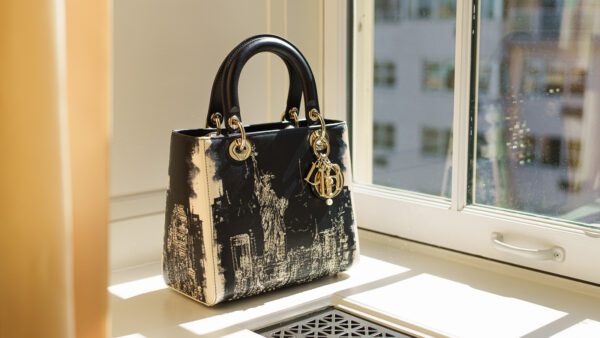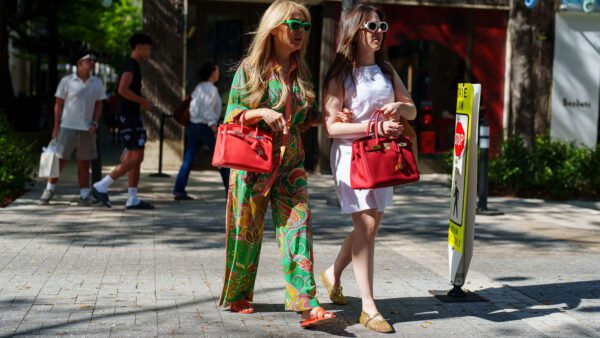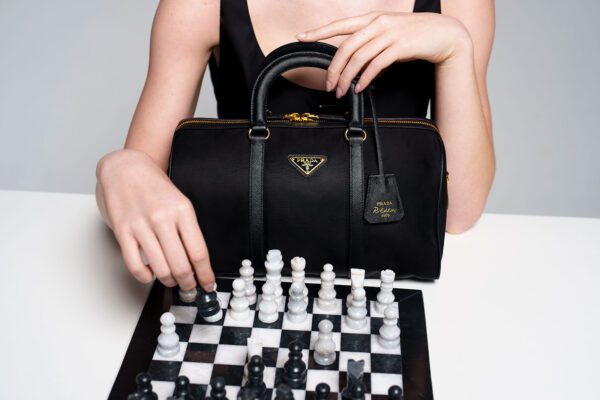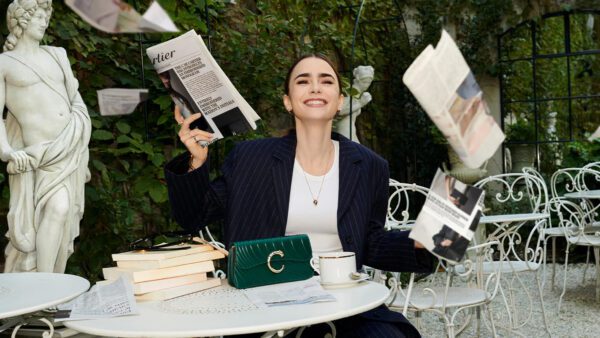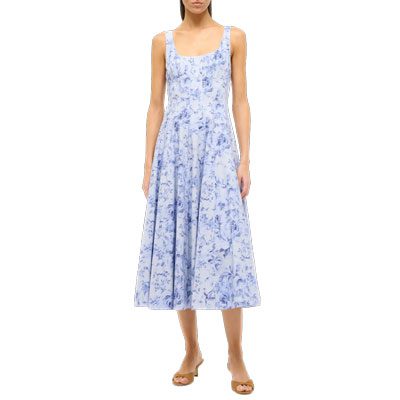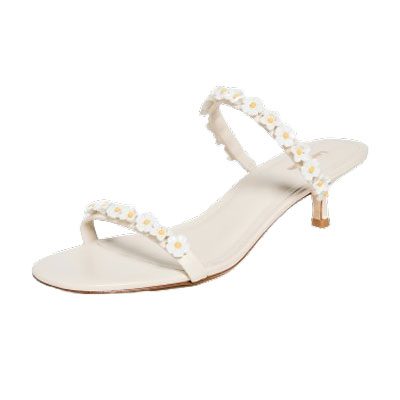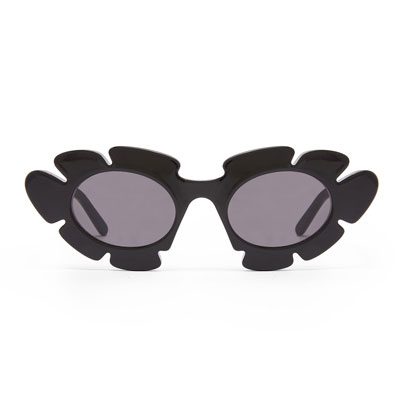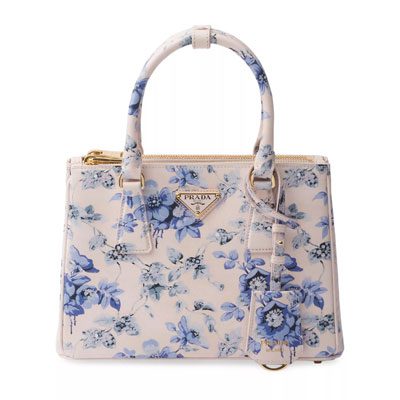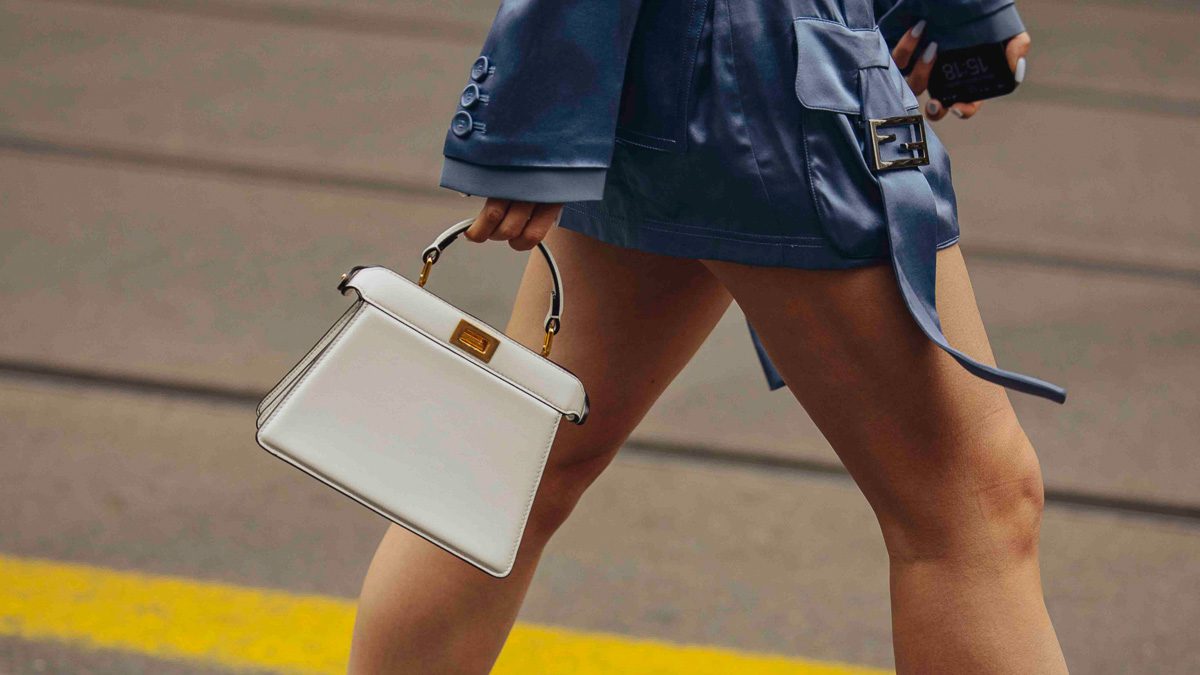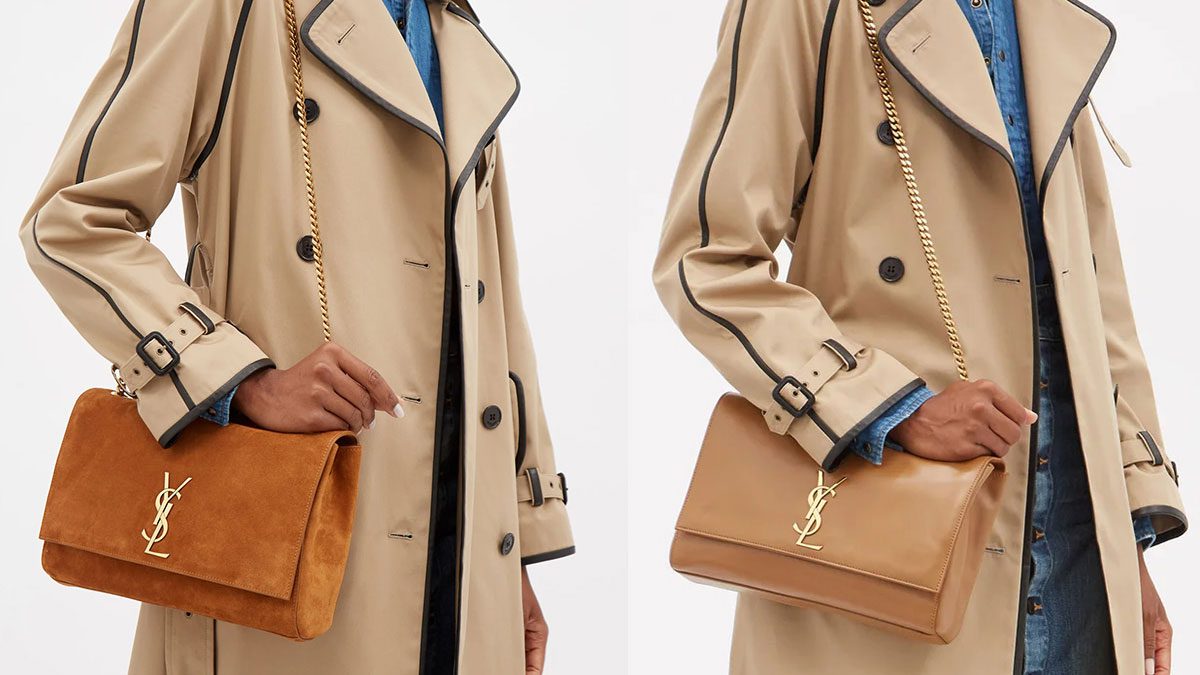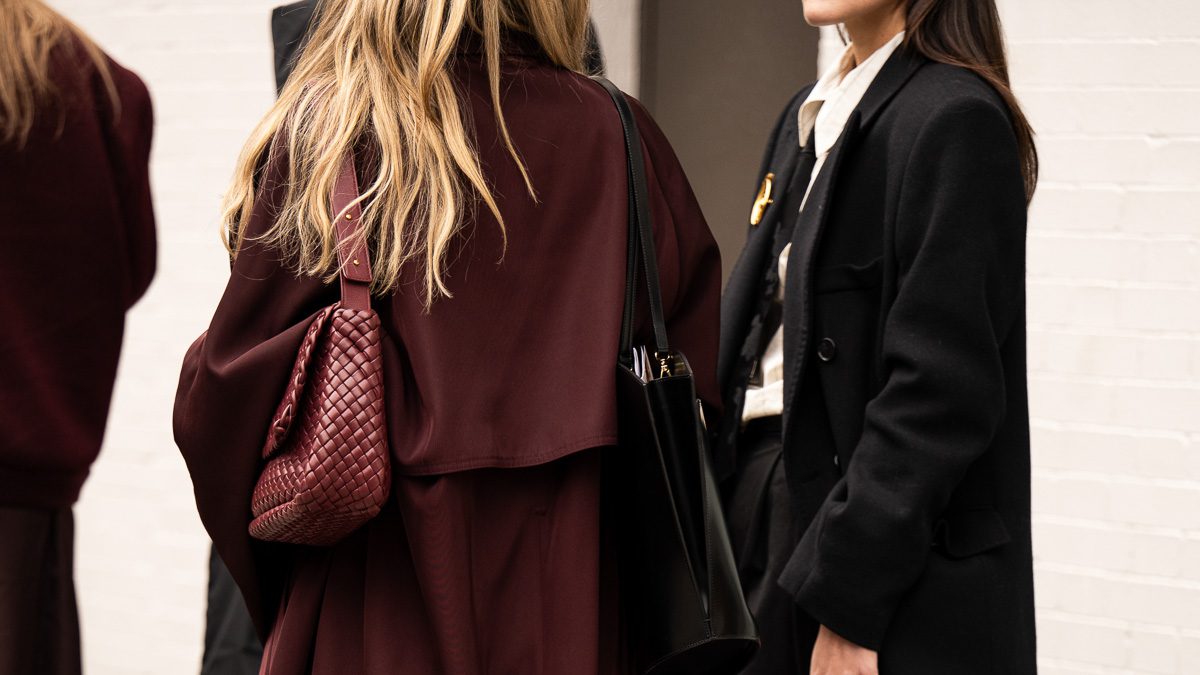Sometime last month, I was doing a daily cleanout of my inbox, skimming over holiday deals from a select few retailers that I subscribe to and quickly browsing the latest topics of discussion from other fashion publications. Yes, it’s my job to be informed about what’s going on in the industry, but I also have a personal interest in the fashion, streetwear, and luxury sectors outside of work. I like to decompress by reading, and subscribing to a few newsletters is a great way to pick and choose the standout headlines to comb through.
On this particular day, the subject of one mailer from a digital-only publication stopped me dead in my tracks. To be frank, it really rubbed me the wrong way, and I was irritated on behalf of myself and women everywhere, for that matter. It went something like this:
“I Just Turned 30, and These Are the Items I’ll Never Wear Again”
Now, full disclaimer here, I’ll be 32 in May, so one could argue that maybe, just maybe, I took it a little personally. But, hear me out first.
What’s the Deal With Age-Shaming?
It’s 2022, and fashion has made huge strides over the last decade, and even the last five years specifically, to become less exclusive. Both mass market and luxury brands have worked to be all-encompassing regarding size, race, gender, and more. Though there is still a ways to go, it’s impossible to ignore that fashion has come a long way in working towards being more inclusive. Changemakers like Virgil Abloh, Marc Jacobs, Alessandro Michele, Maria Grazia Chiuri and more have made contributions to the movement, and yet, headlines like the one above still exist. Why?
Women have long been shamed for getting older, which is ludicrous given that, after all, living long, and therefore the inevitable aging that comes with it is what humans all hope for after all. We, as females, have been taught not to volunteer our ages, and even children learn that it’s impolite to ask a woman her age. But even as society has opened up the conversation, and public figures like actresses and models (Kristin Davis of Sex & the City and top-model Helena Christenson have both spoken publicly about being age-shamed), ageism in the fashion world still exists.
Wear Your Age Proudly
The fashion industry is one of the most prominent examples of cultural ageism, and it has been estimated that ageism could actually cost the fashion industry over $14 billion. This is due to not only antiquated ways of thinking and telling women what they should and should not wear above a certain age but also due to the industry’s resistance as a whole to recognizing that older generations of women are (and deserve to feel) just as fashionable and stylish as anyone else.
Women should not feel bad or shame for dressing how they want and wearing what they like, and experiencing ageism is not only painful, it can also affect a woman’s mental health, according to fashionstudiesjournal.org. It’s sad to see publications perpetuate the problem, ingraining into our heads that how we portray ourselves to the world should change as we get older, but the simple fact of it all is that it shouldn’t. I myself have been guilty of wondering if my outfit is too juvenile to be taken seriously or if my fashion choices too closely resemble those of the younger generation.
Yet, to be honest, I truly don’t feel that age really matters all that much. On the contrary, one’s age represents life experience, and it’s something we should all be proud of. So no matter what color you want to wear, designer you wish to carry, or length of dress you want to don, remember that it’s not about what you wear that matters, but how you choose to wear it.

